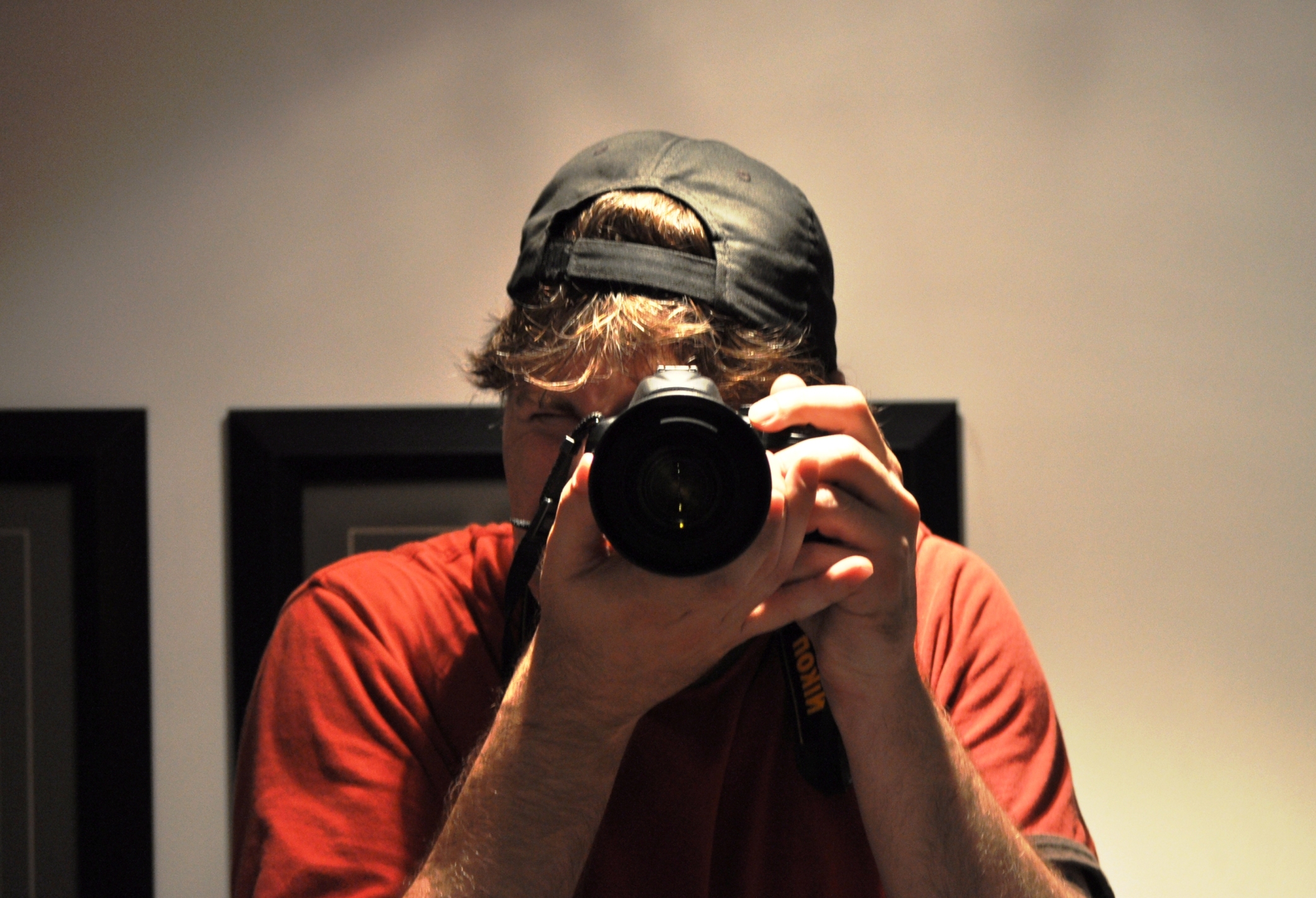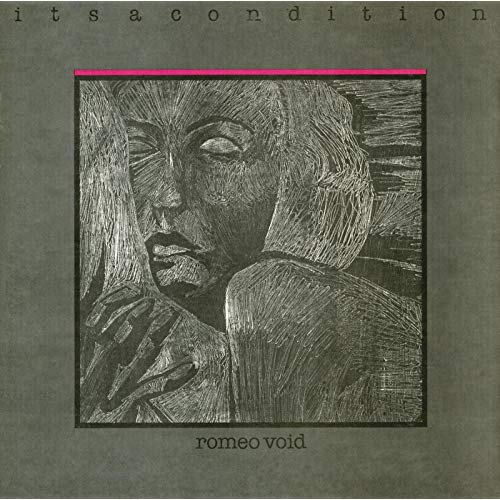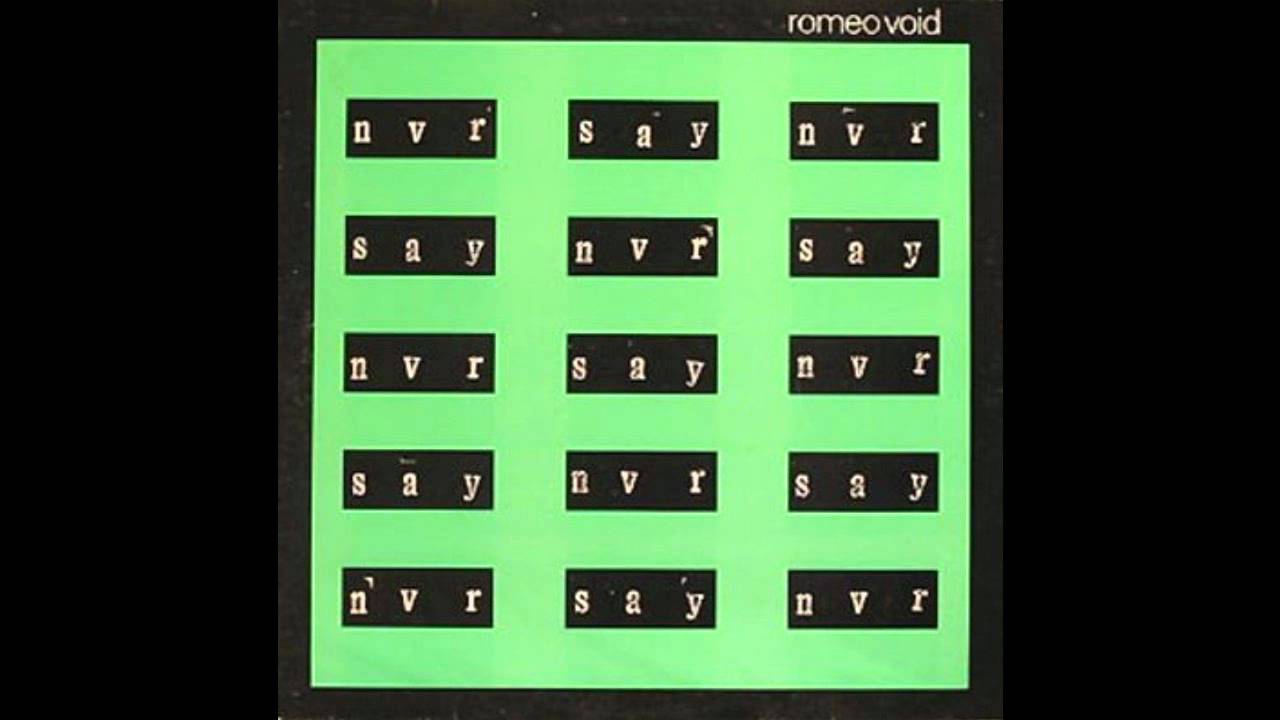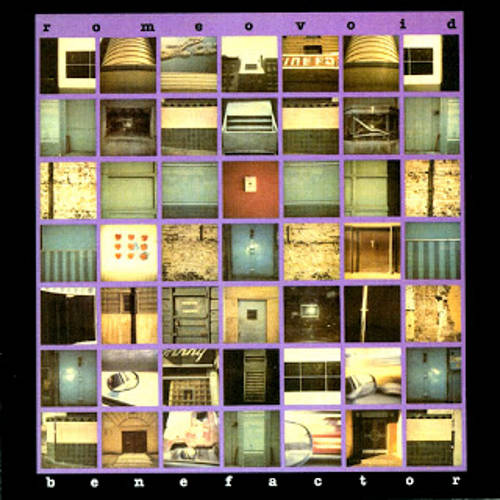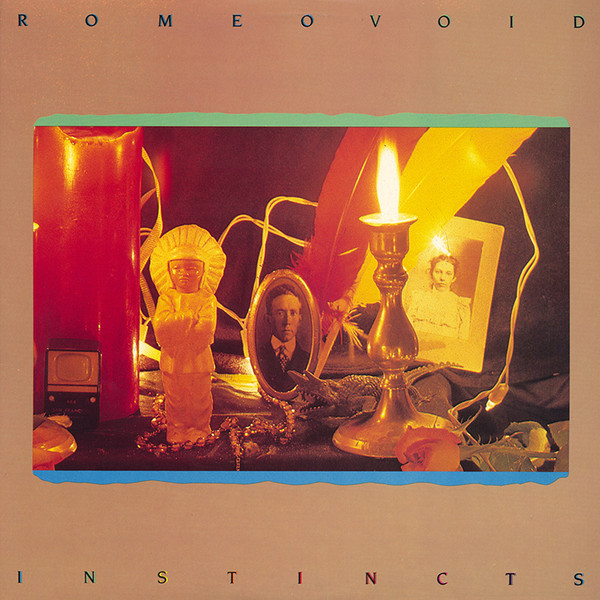Undercover Kept: A Retrospective of Romeo Void
Click below on the streaming service of your choice to listen to the playlist as you read along.
In today’s music streaming world, the idea of the music collector is an anachronism. Once upon a time though, that was me and many others, dedicating much time and money to our collection of records, tapes, and later, CDs. The recent vinyl resurgence has been as much about returning to the romantic notions of that age as the desire for the depth and warmth of that medium’s sound. For me, I hold no fondness for those days gone by and easily recall the hours of frustration and longing while ploughing through the racks of many downtown Toronto record stores looking for an elusive album or song. If you hadn’t been around or on the ball when a release first came out, it could be harder and harder to find over time, especially if it hadn’t been a big seller (like most of what I listened to) and particularly if the label had gone under or the release was out of print.
My record collecting really kicked into gear in the mid to late 1980s. One of the most elusive songs in my regular hunts was Romeo Void’s, “Never Say Never.” A staple on my radio station, CFNY, and given some attention from the scene in the 1984 movie, Reckless, it was hard to find once I set out for it, and by the end of the ‘80s my hopes of ever finding the song seemed futile. CDs offered some chance as many prior releases were re-issued, but Romeo Void’s music remained unavailable. I finally found it on an ‘80s compilation, Just Can’t Get Enough: New Wave Hits of the ‘80s (vol. 6), and then soon after on a fantastic Romeo Void compilation, Warm, In Your Coat, which then hooked me onto the rest of the band’s music (that album’s track listing is almost interchangeable with this playlist). Over the years my fascination with this band has not waned.
Romeo Void in 1981 (L to R): Pete Woods; Debora Iyall; Benjamin Bossi; Frank Zincavage
The band was formed in 1979 in San Francisco, when students at the San Francisco Art Institute came together. Singer Debora Iyall and bassist Frank Zincavage decided to form a band together and brought on guitarist Pete Woods and drummer Jay Derrah, ex-members of a band Iyall had been in briefly, the Mummers and Poppers (they did punk versions of ‘60s songs). Inspired by a magazine article about how single women in San Francisco couldn’t get lucky, Iyall named the band, Romeo Void. They then added Bobby Martin on sax, but soon after he swapped places with Benjamin Bossi, taking Bossi’s place in the act, The Offs. Over 1979 and 1980 the band refined their punk sound into a more artsy, post-punk sound inspired by British acts like Joy Division and Gang of Four.
Romeo Void released three albums over the next four years, moving from the darker, post-punk sound into a cleaner, new wave sound. New wave was never as big in the US as in Britain and its sound was dominated by keyboards, so Romeo Void’s sound, lacking electronics and heavily flavoured with Bossi’s sax flourishes, set themselves apart. They were a part of an ‘80s post-punk sound joined by the likes of The Waitresses. Their catchy mixes of rhythm and melody, laid on a typically heavy bass and drum foundation, were lightened by smart, light guitar and moody or enervating saxophone. The most notable aspect of the band’s sound, however, was Iyall’s sardonic vocals, mixing spoken and sung delivery with a deep, distinctive tone, her voice fit perfectly with the music and set-up her lyrical turns, the most famous being “Never Say Never’s” iconic lines, “I might like you better if we slept together / But there’s somethin’ in your eyes that says / Maybe that’s never / Never say never.”
The band’s first release was a single, “White Sweater,” issued in February 1981 on indie label, 415 Records. It was followed in July by their first LP, It’s A Condition (which unlike many releases of the time, included the single). Before it was recorded Jay Derrah left the band and was replaced by John ‘Stench’ Haines. It’s A Condition was a consummate post-punk LP, with dark tones, punky rhythms and Iyall’s quintessentially indifferent new wave delivery. The album didn’t chart but was hailed by critics. While “Myself to Myself” was released as a subsequent EP with “White Sweater” and “Talk Dirty (to Me)”, and it got some attention on the US specialty charts.
The underground success of their debut gave them a solid following for their live shows and the attention of more established players such as Ric Ocasek of The Cars and Ann Wilson from Heart. Ocasek brought the band to his hometown of Boston, where he co-produced their next EP and it was recorded in his studio. By this time, they’d changed their drummer again when ‘Stench’ Haines was replaced with Larry Carter. The EP featured strong tracks like “In the Dark” but it was the six-minute title track, “Never Say Never,” that stood apart. The EP was released in December 1981 and got into the top 200 on the album chart, but among fans of new wave and post-punk music, it was an instant classic. The angular accents of the guitar and sax played over a propulsive bass line and consistent beat, making for a relentless, energetic blast of fun. Iyall’s vocal was again as distinctive as anything on the music scene, and goes down, in my books at least, as one of the top vocal performances of the era.
The band had joined Columbia Records through a deal with 415 Records prior to the EP’s release and issued their second LP, Benefactor, in August 1982. “Never Say Never” led the album with a shortened version which was issued as a single, cracking the top forty of the Mainstream Rock chart with a #27 peak position. The brilliant “Undercover Kept” was also released as a single but failed to chart. The album was less dark and moved more into a purer new wave and pop style, best heard in the song, “Flashflood.” The LP only reached #119 on the US chart, but despite the more polished and less aggressive style was a very strong follow-up to their debut.
Aaron Smith; Debora Iyall; Pete Woods; Frank Zincavage; and Benjamin Bossi
Romeo Void returned to 415 Records’ producer, David Kahne, for their third LP, Instincts, released in October 1984. It again featured a new drummer, with session player Aaron Smith filling in. The new LP continued the evolution of the band’s sound, continuing the polished sound of the prior LP while maintaining their characteristic vibe. It was another strong album and featured their most successful single, “A Girl in Trouble (Is A Temporary Thing),” which reached #35 to give them their only top forty song on the US chart. It propelled the album to a #68 spot in the album chart. The song was written in response to Michael Jackson’s verse in his hit song, “Billie Jean,” “Billie Jean is not my lover / She’s just a girl who claims that I am the one / But the kid is not my son / She says I am the one, but the kid is not my son.” In the song, Iyall positions that women need to be wary and protective from men’s shallow advances, “She's got a face that shows that she knows she's heard every line / Tenderly she talks on the phone / There's a way to walk that says ‘stay away’ / And a time to go around the long way.”
Debora Iyall was not just the most distinctive part of the band’s sound, but was also its defining visual element, a result of being the lead singer but as also as an aboriginal, female, overweight performer in a music world dominated by white, skinny males. Born in Soap Lake, Washington, she was raised in Fresno, California and was of the Cowlitz indigenous people. Her weight and skin colour set her apart throughout her life. She participated in the Occupation of Alcatraz in 1969 at the age of fourteen to deepen her ties to her ancestry, but the activism failed to make that connection. Her time at the San Francisco Art Institute helped her find ways to express her creativity and, inspired by Patti Smith (though intimidated by her skinniness), decided to push through her insecurities and try performing. As the band grew in popularity Iyall was put off by their popularity amongst the college crowds and young men that had always made her an outsider. Such feelings came to bear again when, despite being in the midst of their greatest success, Columbia decided to remove promotion for Romeo Void during their tour for Instincts. Iyall’s weight was considered as the unofficial reason since the label had been encouraging her to slim down. After the tour, exhausted, increasingly at odds with each other, and no doubt dispirited by their state of affairs, the band broke up.
Such a disappointing end for an immensely talented and unique band was not what Romeo Void deserved. To produce three quality albums and two iconic singles of their genre only to be discarded just as their following was hitting a critical mass was, unfortunately, too common a situation for artists toiling in the less popular genres. The fact that Iyall’s talent couldn’t win over the shallow whims of the MTV generation was a further indictment of what was wrong with the ‘80s music industry. Whether the band would have survived or not is an open question – after five years of playing and touring it seemed they were struggling to stay off each others’ nerves – but it was clear they were greater than the sum of their parts when none of them managed music careers thereafter. Iyall released a solo album in 1986 with help from Bossi and Smith before returning to the arts as a teacher. She has performed off-and-on since and released an album with Peter Dunne in 2010. Romeo Void reunited briefly in the early 2000s for the VH1 show, Bands Reunited, but it remained a one-off. Bossi was sidelined due to hearing loss.
Romeo Void was a unique and influential 1980s band. Amongst the era of synth bands carrying the newer sounds forward, they provided an equally compelling version of new wave that relied on interesting rhythms and melodies and the unique sounds of Iyall’s voice and Bossi’s sax. A generation of alternative female performers blossomed in Iyall’s wake, making her a forging presence in the modern rock world, and along with her band, left a legacy larger than their chart or commercial success would have suggested.
The Playlist - song \ album (year)
Myself to Myself \ It’s A Condition (1981)
Love Is an Illness \ It’s A Condition (1981)
White Sweater \ It’s A Condition (1981)
Confrontation \ It’s A Condition (1981)
I Mean It \ It’s A Condition (1981)
Never Say Never \ Never Say Never EP (1981)
In the Dark \ Never Say Never EP (1981)
Flashflood \ Benefactor (1982)
Undercover Kept \ Benefactor (1982)
Orange \ Benefactor (1982)
Shake the Hands of Time \ Benefactor (1982)
Out on My Own \ Instincts (1984)
Just Too Easy \ Instincts (1984)
Six Days and One \ Instincts (1984)
A Girl in Trouble (Is A Temporary Thing) \ Instincts (1984)
